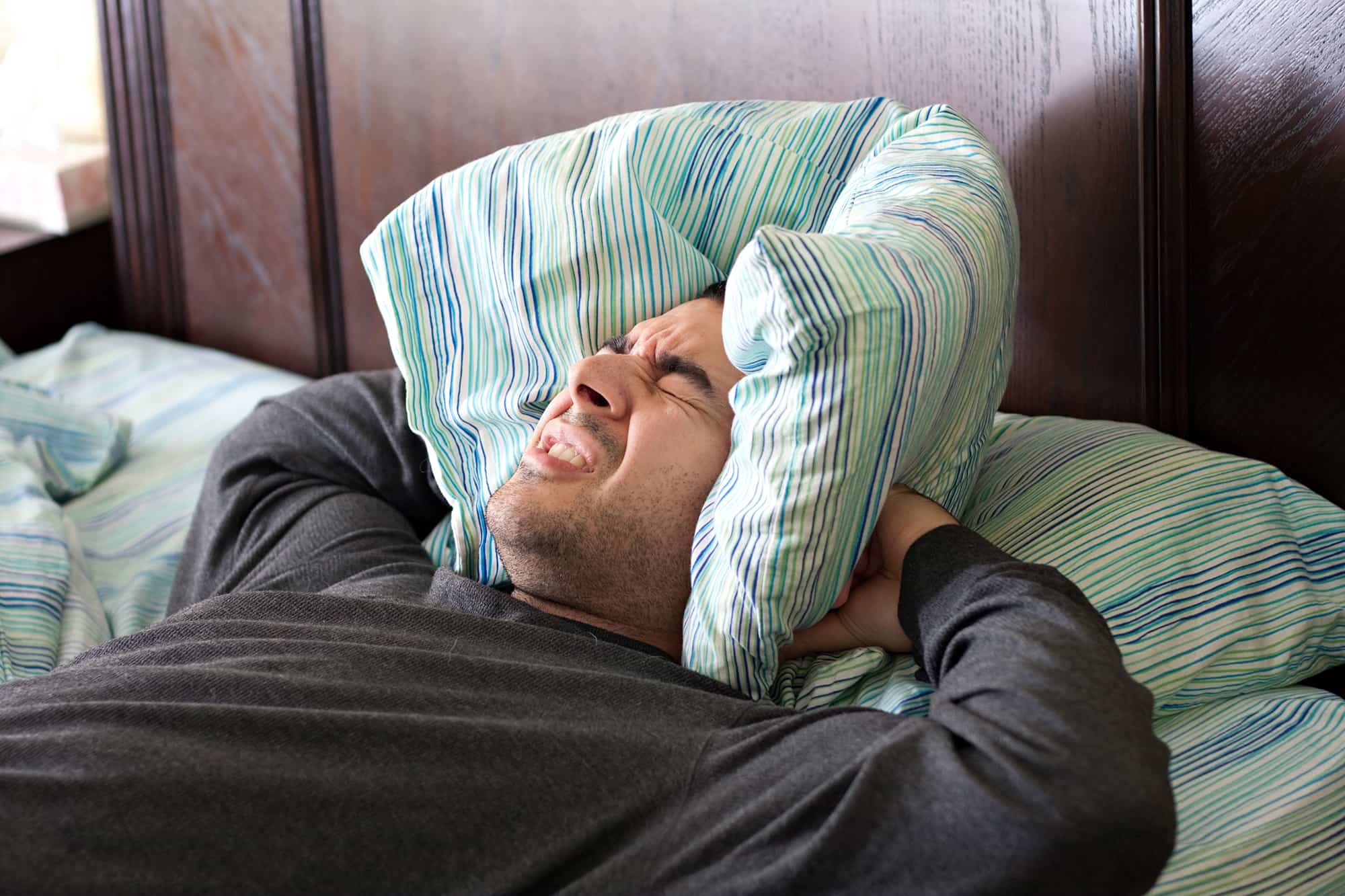
Let’s Know about Insomnia
Hectic work life, office pressures, emotional complications are common dots that connect all of us. These problems do not come alone, they bring along several side-effects that add more difficulties in our daily lives. Insomnia is one of those side-effects that is currently plaguing lots and lots of adults and middle-aged people. Simply put, it is the lack of sleep that needs to be addressed with proper treatment. Ayurvedic treatment for insomnia is a widely accepted approach in this respect. It takes care of the problem holistically and naturally.





